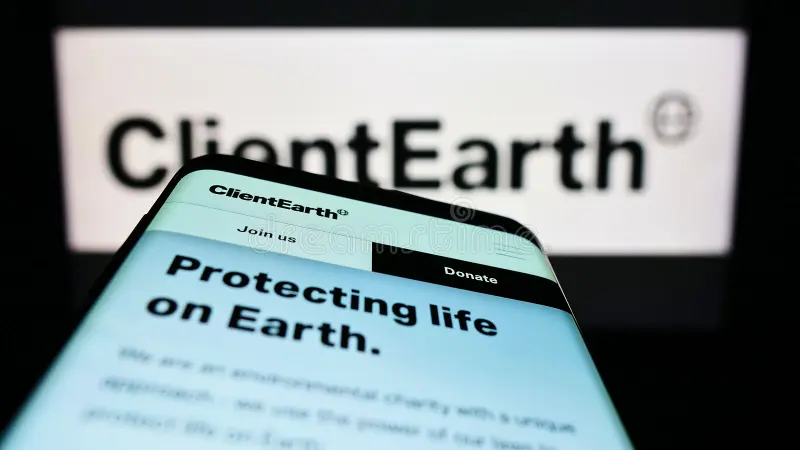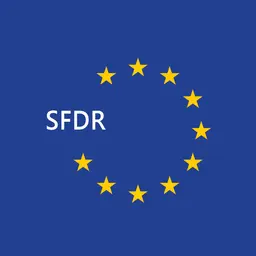On October 17, 2024, the environmental NGO ClientEarth filed a complaint with France’s Financial Markets Authority (AMF) against the asset management giant BlackRock. The accusation is based on the presentation of certain BlackRock investment funds as “green” or “sustainable,” while they include assets from companies in the fossil fuel sector. This action is supported by a study from the NGO Reclaim Finance, published in March, which reveals that 18 funds managed and marketed in France by BlackRock hold stakes in companies such as ExxonMobil, Shell, TotalEnergies, Chevron, and BP, representing up to 27% of certain funds.

According to ClientEarth, this practice misleads investors by promising a positive environmental impact that is, in reality, partially fictitious. Alex Bennett, a lawyer at ClientEarth, claims that these funds create unfair competition by diverting financial flows toward products that do not fully meet sustainability criteria, thus harming funds that are genuinely environmentally friendly. The NGO is calling on the AMF to conduct a thorough investigation and to require BlackRock to provide more transparency regarding the composition of its so-called “sustainable” funds.
For its part, BlackRock strongly disputes the allegations and assures that its funds meet the investment objectives specified in their prospectuses and on their website. The company also claims to comply with international regulations on sustainable investment.
Context: A Sector Under Scrutiny

Since the Paris Climate Agreement, “green” investment funds have multiplied, and many investors are turning to these products to contribute positively to the environment. However, successive reports show that the environmental ambition of some of these funds often falls short of the promises made to investors. For example, the European SFDR regulation, which came into effect in 2021, aims to structure funds based on their environmental and social impact. However, in the absence of strict criteria for defining “sustainable” funds, some financial institutions continue to include fossil fuel assets in their “green” portfolios.
Regulators, both in France and at the European level, are now seeking to strengthen fund labeling criteria to prevent greenwashing, but additional efforts are still needed to clarify what is genuinely sustainable.
The BlackRock case highlights the ongoing challenges in the field of sustainable investments. For investors concerned about the impact of their choices, this event underscores the importance of a thorough examination of “green” funds. It is essential not to rely solely on the “sustainable” or “green” label and to look into the fund’s actual composition. This case could also influence the behavior of large financial institutions, prompting them to be more transparent in managing their products.
Before investing in a sustainable fund, it is wise to carefully examine the list of assets it contains and to prioritize funds that meet the strict SFDR standards or have recognized sustainability labels. This level of vigilance can protect investors from the risk of greenwashing and guide them toward investments that truly reflect their environmental values.
Source:


